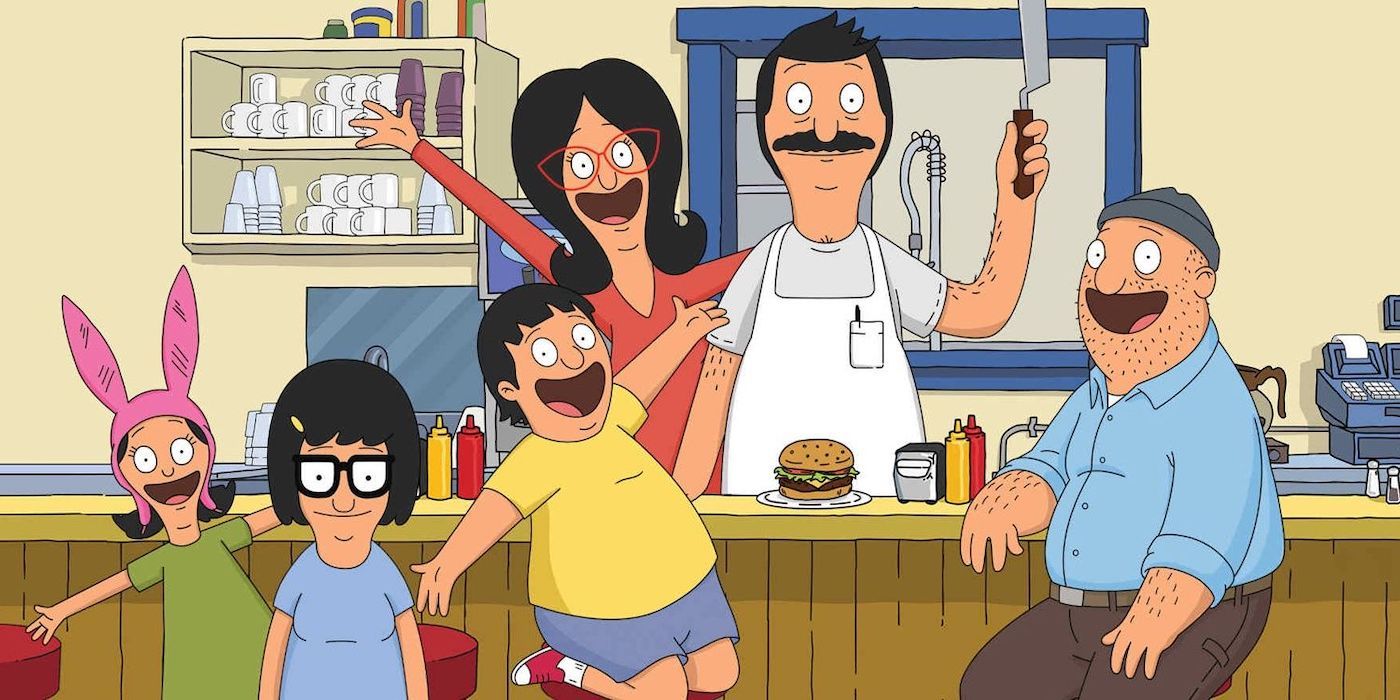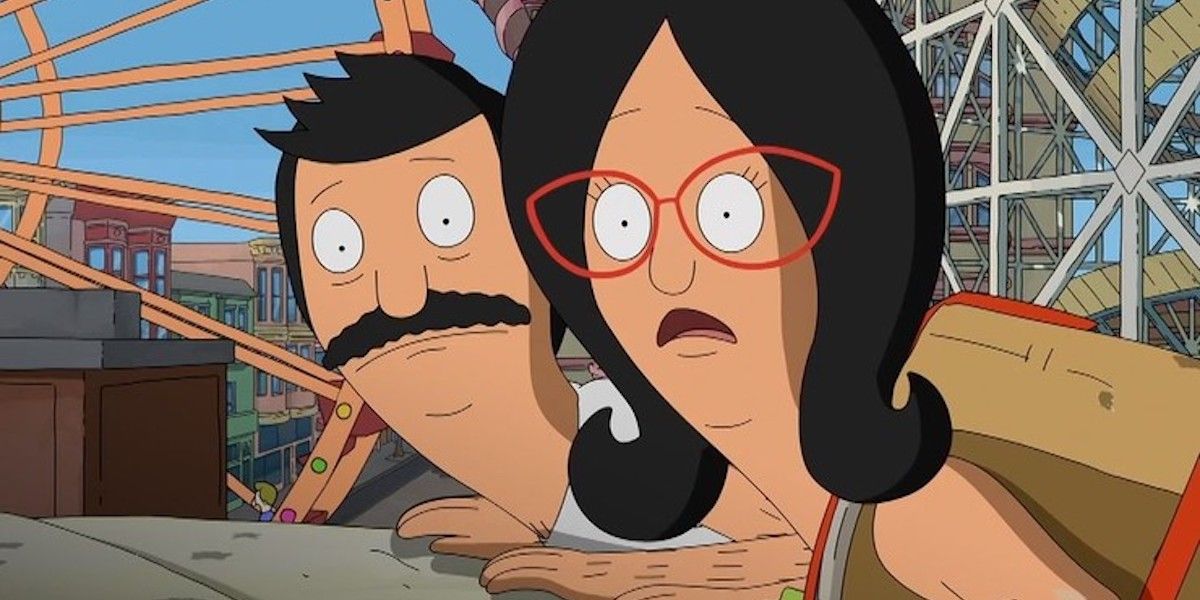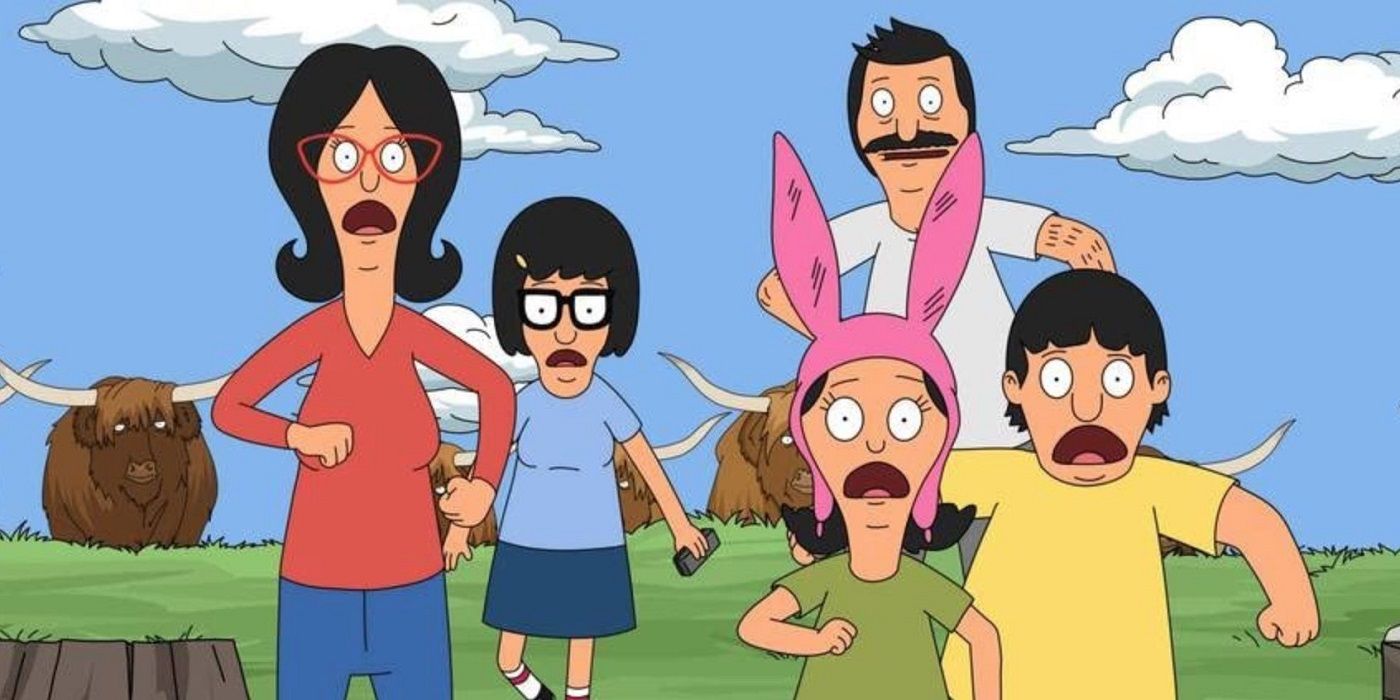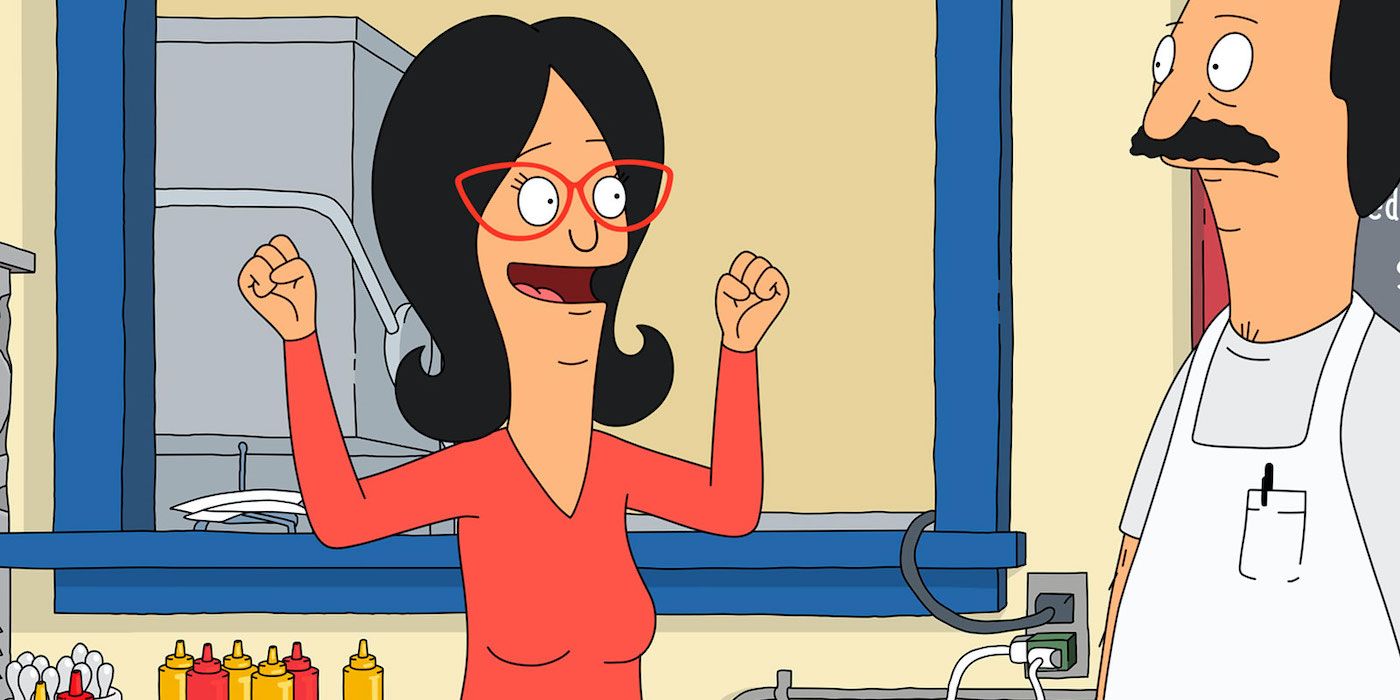A tried and true formula for TV sitcom families includes a high level of dysfunction (much like any family would). From messy but lovable families like those on Modern Family to the sometimes violent slapstick comedy of The Simpsons, both live action and animation tend to focus on the negative aspects of family: misunderstandings, arguments, and – perhaps the most deeply ingrained – formulaic roles within the household. Stereotypes of the sensible but overly strict mother and the lovable but ultimately inept father weave throughout many sitcom families. Meanwhile, the angsty teenager, the smart one, and the weird one are your usual choices for the children of the family.
To be sure, these archetypes are helpful guides to surface-level characterization. They are solid starting points. And there are plenty of interesting and unique characters within sitcom families that fit these types and are still charming and funny. But these types of characters, while interesting in concept, can be overused or even become too familiar (a step away from cliché). Thankfully, one TV sitcom rises above the rest in terms of breaking away from this dysfunctional family formula.
Struggling restaurant owner Bob Belcher (H. Jon Benjamin) runs a burger joint with his wife Linda (John Roberts) and their three kids Tina (Dan Mintz), Louise (Kristen Schaal), and Gene (Eugene Mirman). On the surface, this family displays many of the typical attributes of your everyday sitcom family: a no-nonsense parent, a fun-loving parent, a teen struggling with identity and romance, a kid who seems to be on a higher level of thinking than others their age, and a highly energetic oddball. But Bob’s Burgers puts an interesting twist on all its characters. For example, breaking from the normal mother-father dynamic, Bob is the grumpier parent while Linda is more carefree and positive. But the characterization goes far beyond the surface level as well.
Linda’s fun-loving spirit exudes such positivity that it’s almost impossible for her to have a bad day. While other sitcoms use excessive optimism to show a character’s ineptness or detachment from cold harsh reality, Linda uses her charming positivity to spin any situation into a ray of sunshine, especially when her family needs it most. Prone to breaking into song and dance, Linda’s smiles and endless love for her family contrast nicely with her husband’s personality.
Bob’s no-nonsense manner hardly ever strays into the realm of strict. While in other sitcoms the more pessimistic characteristics of a parent can be considered a negative quality, Bob’s attitude is a reasonable reaction to the stress of owning and running a restaurant while raising three kids. He often acts as the straight man to his family’s shenanigans – an anchor to keep them all grounded. This anchor is a necessity for the Belcher family because they tend to run wild.
It’s easy for sitcom children to fall into stale stereotypes, but the Belcher kids escape this trap at every turn. Though Tina spends a lot of her time struggling through middle school as an early teen, her trials always have a note of hope in them. Louise can be somewhat of a wild card. Instead of being academically above her peers like other TV sitcom tropes, she has an overdeveloped sense of street smarts and a concerning love for chaos. Though Louise strives off shenanigans, she cares when it counts (even though she often pretends that she doesn’t). Gene is perhaps the most one-note out of the Belcher family, but that doesn’t mean he has no depth. A seemingly never-ending well of curiosity, Gene puts all he has into any activity, no matter how odd.
Individually, the Belchers are already subverting tropes, but together they are stronger than ever. Their family is far from dysfunctional, and this is how they do it: the Belchers acknowledge each other as strong aspects of the family team. Everyone’s opinion is valid, no one is made to feel like their voice isn’t heard, and they go through life together.
For instance, running the restaurant isn’t solely Bob or Linda’s responsibility; the kids each have their own chores, and their work in the restaurant is always mentioned to be important. This inclusion of the kids in the family business creates a supportive environment in which Tina, Louise, and Gene learn to support each other and their parents – it’s how they are being raised.
On top of this, family conversations (and even arguments) often place the kids on even ground with the adults. Tina, Louise, and Gene have the agency to go on their own adventures that often parallel their parents'. They get a say in every family conversation, and they are taken seriously. While their parents do have the final say in important decisions, their contributions to the conversation are always taken into consideration.
Like any family, sometimes tensions run high. But even then, family always comes first, and the reparation of any relationship usually occurs before the end of the 20 minute episode in a way that highlights understanding and forgiveness rather than plot contrivance. In Season 7, Episode 1, “Flu-ouise,” the Belchers accidentally melt Louise’s precious Kuchi Kopi, her favorite toy. Louise vows never to forgive them, and the others scramble, going to great lengths to get her a new Kuchi Kopi, both to earn forgiveness and to make it up to her. Meanwhile, Louise goes through an entire fever dream journey as she struggles with staying angry at her family. In the end, Louise decides to become the “forgiving type” for them, even without their gesture. The Belchers’ care for each other overcomes any obstacle, even the tragic melting of Kuchi Kopi.
The family is also excited to share their passions with each other. In Episode 18 of Season 7, “The Laser-inth,” Bob takes Gene to a rock-and-roll laser show, ecstatic to give Gene his first-ever experience of the band Zentipede during their farewell show. Unfortunately, the lights and sound are too much for Gene to handle, and he has a panic attack. Even though it’s clear that Bob wants to go back in and see the show before it goes away forever, he prioritizes Gene. As they sit in the parking lot, Gene displays interest in knowing why his dad enjoys the show so much. Bob ends up describing it all in great detail, and they bond over their discussion without the aggressive lights or sounds. In the end, Gene displays the same care for Bob as Bob did for him, and they are able to finish the show.
The above examples are pretty small obstacles, but even life-threatening experiences can’t knock the Belchers down and out. In The Bob’s Burgers Movie, the Belchers are buried alive in a car when they try to escape a murderer. Though the situation offers little room for hope (even Linda starts to give up), the Belchers face the danger together.
They make time to dissuade Louise’s insecurities about her perceived lack of bravery, and even in the middle of his panic, Bob apologizes to Linda for being a downer and always putting the burden of hope on her. He even asks if she’d like a divorce before they die (to which she says she can wait it out). This is obviously a joke played for laughs, but the sentiment remains: even when faced with certain death (maybe especially when faced with certain death), Bob is able to understand and support his wife. In fact, the Belchers are able to put their heads together to figure a way out of the death trap, all of them contributing to their escape. Even in life or death situations, they work together as a strong team.
The sharing of agency amongst the Belcher family members and their open conversations with each other and their kids make Bob and Linda's family dynamic a functional and refreshing change from the more prevalent dysfunctional family dynamics in media. Whether they are arguing about random everyday struggles or facing death, they live life with positivity, respect, and love – together.




